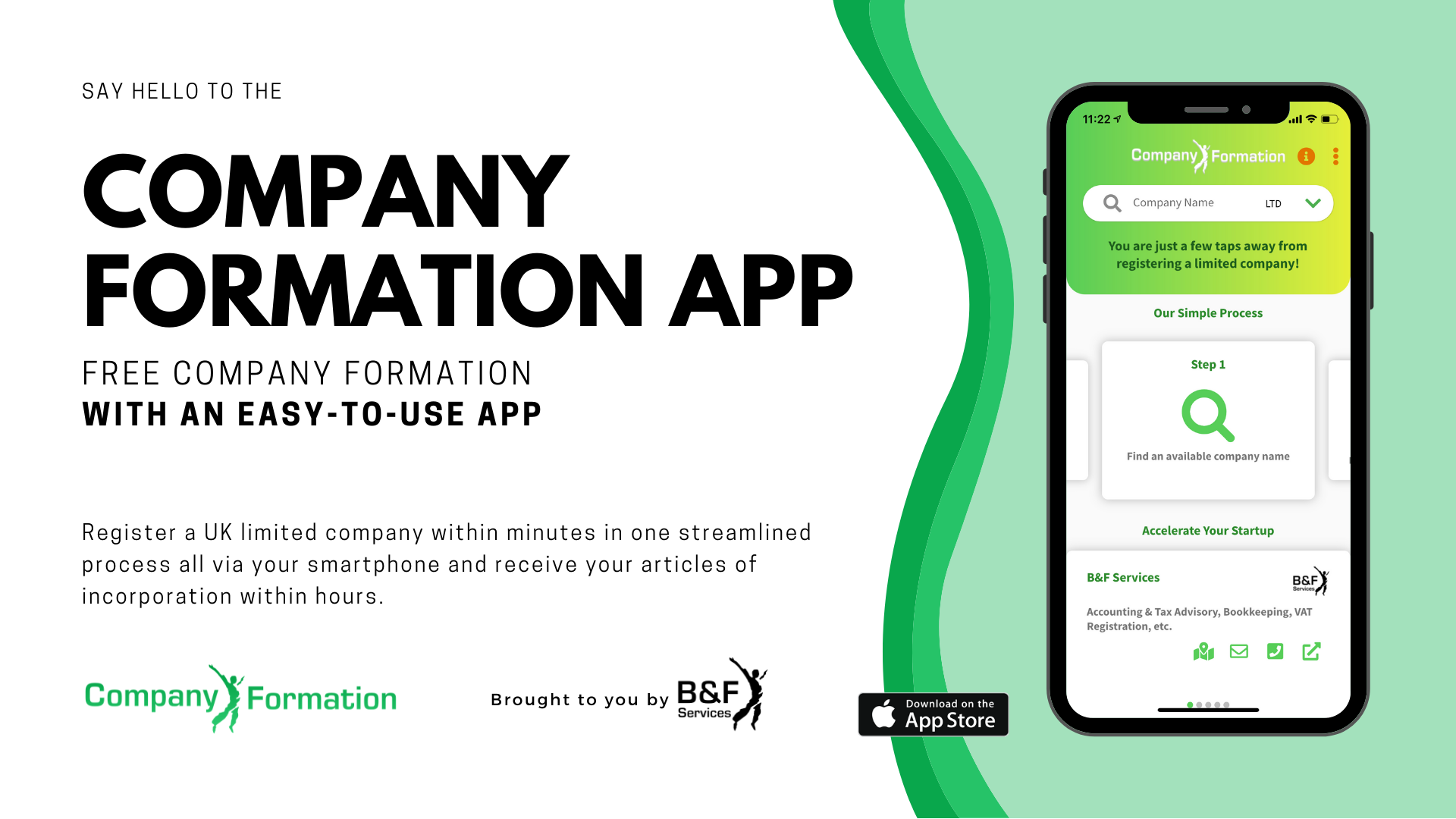
Starting a business can be a complicated and daunting process, there are many steps needed to be taken before your business can be tangible and this can be overwhelming for aspiring entrepreneurs to navigate. There are legal configurations that define how the business will work and all business owners must adopt them in order to start a business in the UK. So if you are thinking of starting a new business in the UK we’ve got some tips that will help assist you through this journey. We understand that it may be an overwhelming process but I will break down the essential steps needed to be taken, from creating business plans to set up your limited company, so you feel less confused.
Can you start a business in the UK?
Before considering starting a business in the UK it is essential that you have the knowledge about who exactly can start a business in the UK, whether or not your business is legal in this country and if it is profitable in the UK etc. Currently, EU and EEA nationals do not need to be granted any special request or permission to start a business in the UK apart from those who reside in Bulgaria and Romania. However, the UK is still negotiating its Brexit’s terms and conditions so this may change in the future. If you are living outside of the EU or EEA, there are different processes you will have to go through such as applying for a Business visa. Prospective entrepreneurs can receive favourable treatment based on the UK's points-based immigration system however you’ll need to meet the criteria and adhere to the guidelines to achieve Tier 1 status. You also have to make sure your business follows certain laws and legislation, you may have different responsibilities depending on how your business runs, you should be aware of the legislation that has been put in place in the UK for example license and permits about playing music, different insurances that need to be paid for and the rules about selling food in different locations etc.
What legal structure is right for you?
There are a plethora of business types in the UK and before you start your business in the United Kingdom, you will need to decide which category your business falls in.
There are structures for those who want to work as a self-employed person in the UK or run a business on their own as a Sole Trader. This option means that the individuals will be able to keep all of their businesses profits and they must make their own arrangements to pay income tax and national insurance. If you are a small business the General Partnership might be a structure suited for you, as this business type involves two or more individuals setting up together, partners will share responsibilities and profits equally, they are also expected to pay tax on their share and will both be responsible for debts and losses. A Limited Partnership is similar to a general partnership however differs as there is the main individual who holds most of the responsibility. Limited liability partnership (LLP) is also a business type that may work for you as this involves a partnership agreement where neither partner is liable for debts that the business can’t pay. This partnership requires a written LLP agreement and must register with Companies House. If you form a limited company, its finances will be separate from your personal finances but there will be more responsibility on reporting and management. There are more structures available to business owners so doing the right research and applying for the appropriate one is very important when starting a business in the UK.
Once you’ve established the appropriate structure that applies to your business and how you see it forming in the UK there are a few things you need to do before your business can be tangible. Firstly you need to make sure you can legally start a business in the UK, that your immigration status permits this and that you have the necessary visa and permit if applicable.
Steps you must take to start your business
Writing a business plan is a must for any entrepreneur who wants to start a business regardless of location but it is especially important if you want to start a business in the UK. A business plan will determine how successful your business idea will be, it will include market research and financial predictions. If you need assistance in creating a business plan, we can assist you with that, visit our website for more details.
You’ll also need to choose a business name. If you are a Sole Trader you can register it under your name, in addition, you’ll need a UK address for registering your business for paying taxes etc which we also offer on our website. If you register as a Sole Trader (which is something a lot of small business owners do) you’ll be personally responsible for your business debt and accounting responsibilities.
The penultimate step will be to register with HM Revenue and customs, if your business is a Limited company you’ll have to register it with Companies House for £12 (online) or £40 online.
Finally, to tie loose ends make sure you’ve checked the rules and regulations for your business, there may be licenses and permits you need to apply for and rules you must follow depending on the industry your business falls in.
There are many hurdles that come with starting a business, some are financial whilst others are emotional. At B&F Services we aim to make this process easier, with resources like our Company formation app, which allows you to do many of the things mentioned in this article such as registering your company name or an address in the heart of London's business sector and much more. There are many platforms that can assist with this process such as the government website, however, if you need any more information or assistance, you can always contact our experts, who will be ready to help you on this endeavour. You can learn more about our Company Formation app here or by clicking the banner below.

